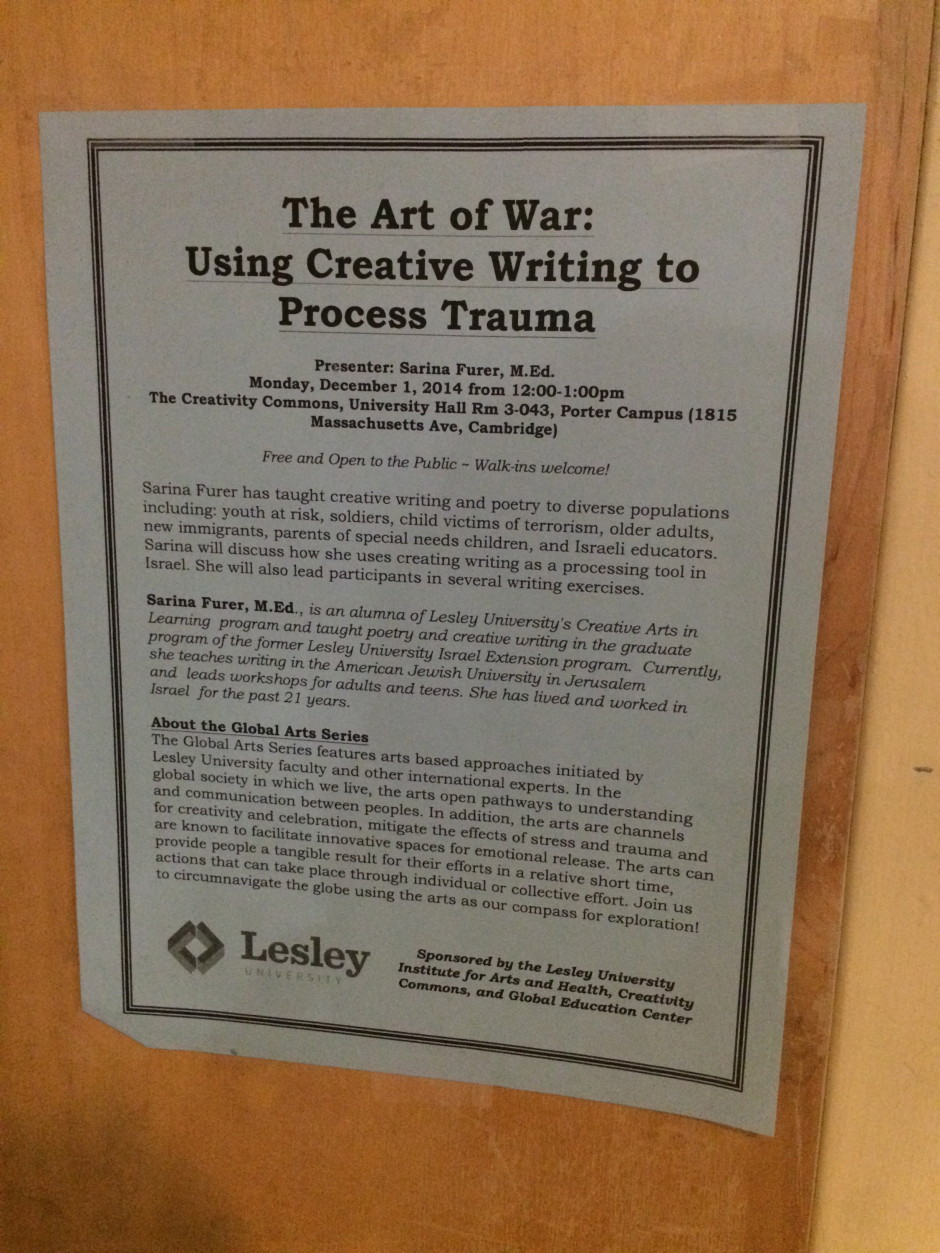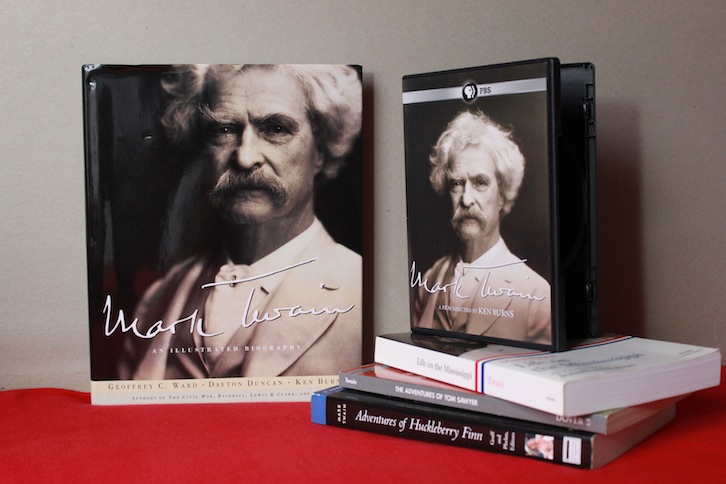We here at The Fictional Café tend to notice when a comma is used when a semicolon is necessary and when a person decides to lay down instead of lie down. Sometimes it makes us pull our hair out, but other times it elicits a hearty chuckle from us. Fortunately for you and me, the omnipresent eye of the internet notices too. Here are two of my favorite sites for fail-induced guffaws. Oh, and I had to include one great blog for accurate, easy to understand grammar and spelling tips. You know, to balance out the facepalminess. http://www.unnecessaryquotes.com/ http://www.lowercasel.com/ http://www.quickanddirtytips.com/grammar-girl
Writer’s Block? Take a Nap.
Lately, I’ve been hit hard by the busyness bug. In today’s society it’s hard to avoid. But it had gotten so bad for me that I’d started nodding off in the middle of lunch or while reading (War and Peace has been known to have that effect). At first I was annoyed that my body couldn’t keep up. However, I began to embrace the idea that maybe these naps were a good thing. The other day I had just woken up from a long winter’s nap and was greeted with the most pleasant surprise: having a song stuck in my head. But it wasn’t any song I’d heard before; it was one I’d just written during my nap. I scrambled to my computer to clickety-clack my verses down, shining with the glow that only a…
Welcome Back and a Special Request
Hello everyone, we apologize for the lapse in updates as we continue working on our new site design. We are very excited for the changes in store for the website and for Fictional Cafe this year and promise it will be worth the wait. In the meantime, we welcome you to tell us which of our member contributions from 2014 was your favorite. Please write your choice in the comments section below. “The strongest of all warriors are these two – Time and Patience.” – Leo Tolstoy, War and Peace
Make Words, Not War
I recently attended a workshop at Lesley University, run by Sarina Furer who teaches children in Israel how to write poetry to process their trauma. Her students are in a constant state of alertness, living in a war zone with regular shellings. Even in the classroom, there is no safety; when a signal comes on, they have 90 seconds to get to a safe shelter before a ballistic strikes. War breeds isolation and loneliness, so she tells her students to shift their attention to “small, quiet moments of beauty” to create a calming of the psyche. Writing and sharing their poems is a powerful experience for her students, letting them exclaim “war has not completely overtaken my life.” As I listened to her speak, I thought of a song by the Decemberists, “After the Bombs,”…
Early Twain by Mike Rochester
Buried beneath alternate praise and censure of his “Great American Novel,” Huckleberry Finn, lies a wealth of widely unheralded work by Mark Twain: his short stories. Twain’s penchant for writing in the vernacular translates magnificently to his tall tales, overheard while mining for silver in Nevada. His characters run the gamut from rugged and folksy to clever and charismatic, creating a circus troupe of dusty allure. In his 1880 short story “Jim Baker’s Blue-jay Yarn,” Twain retells a tale about “a middle-aged, simple-hearted miner who lived in a lonely corner of California,” who claims he can understand the language of animals. What follows is a short but tall tale of what he overhears a blue jay saying one day in the woods. As is the case with many of Twain’s yarns, the joy is…




